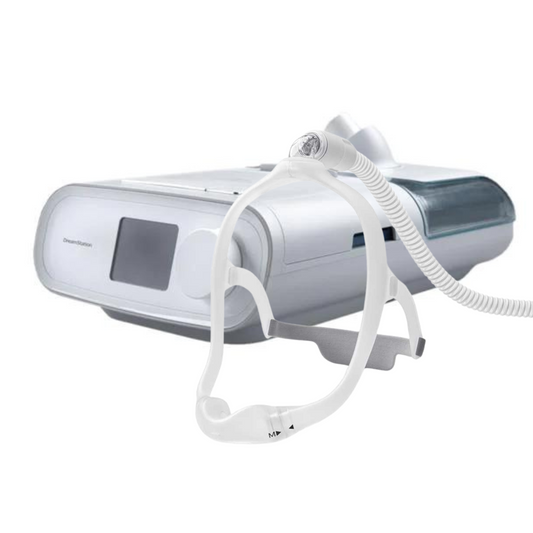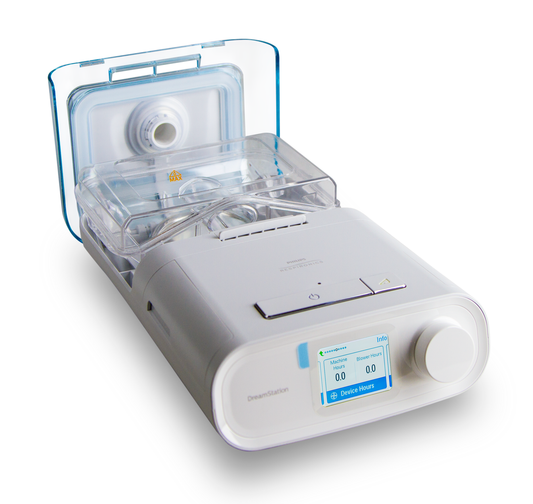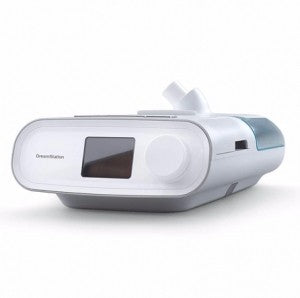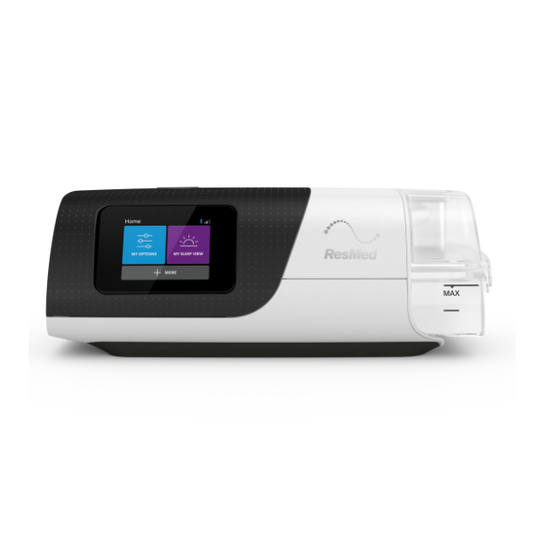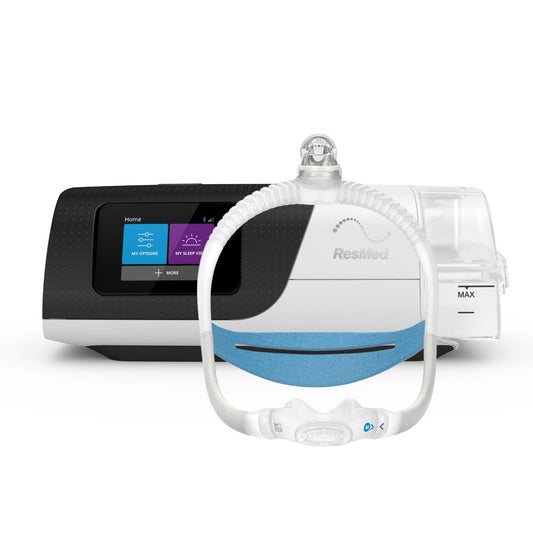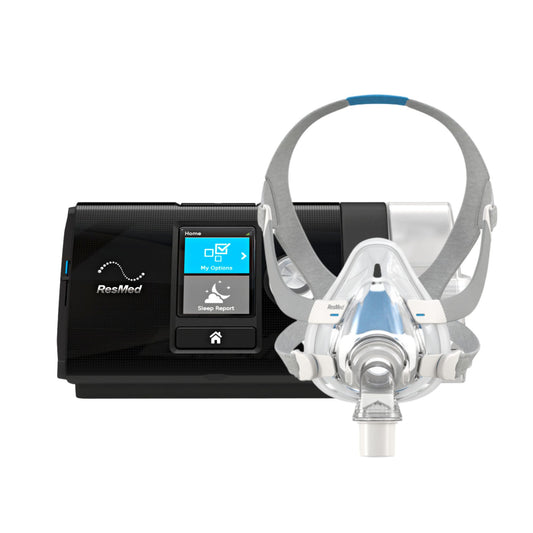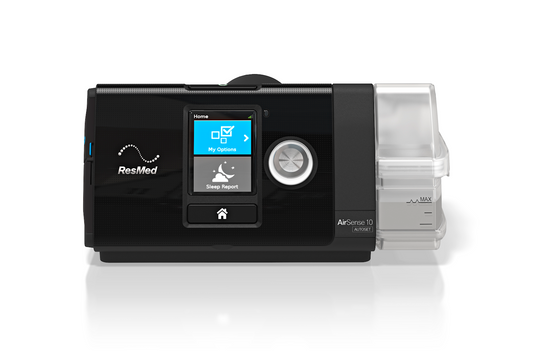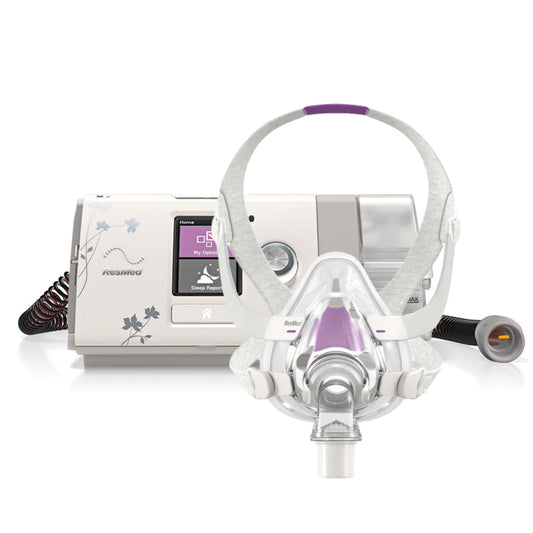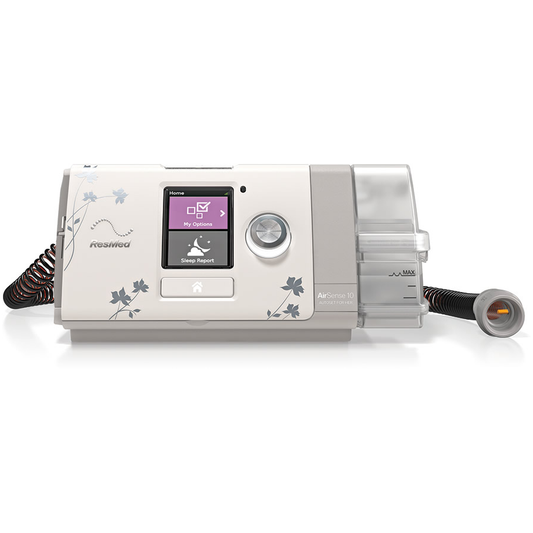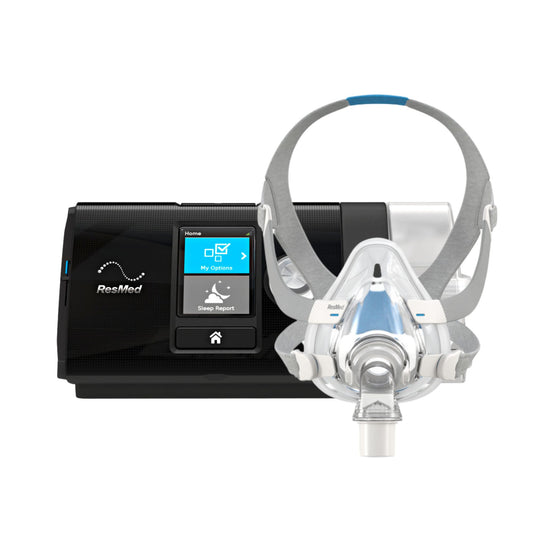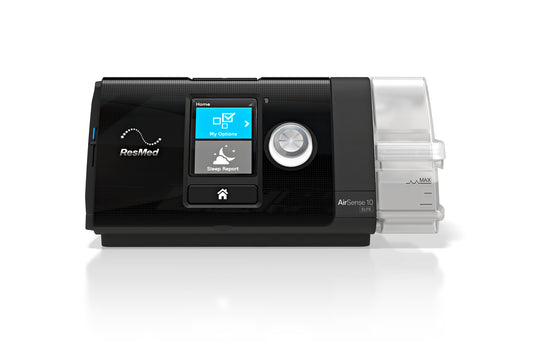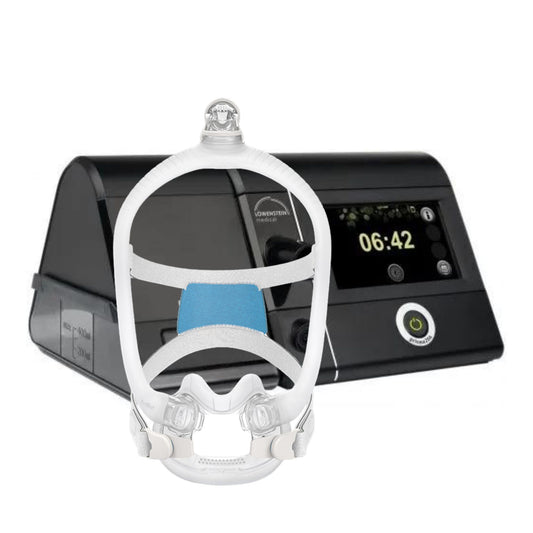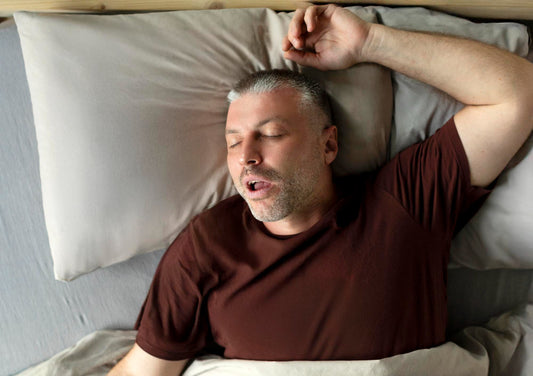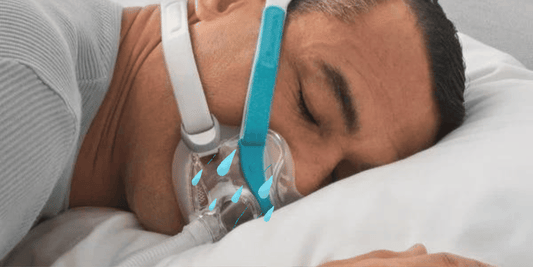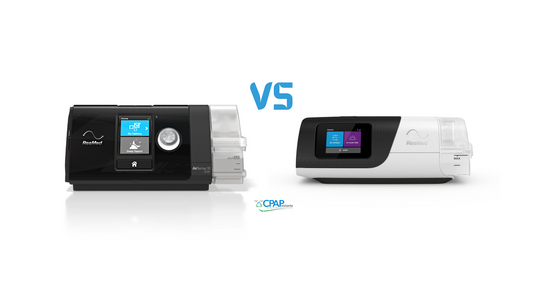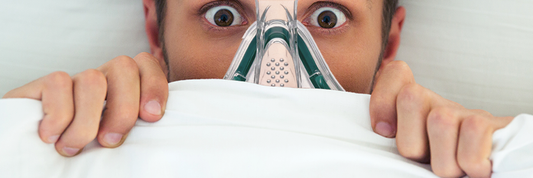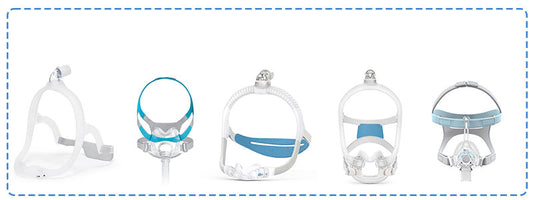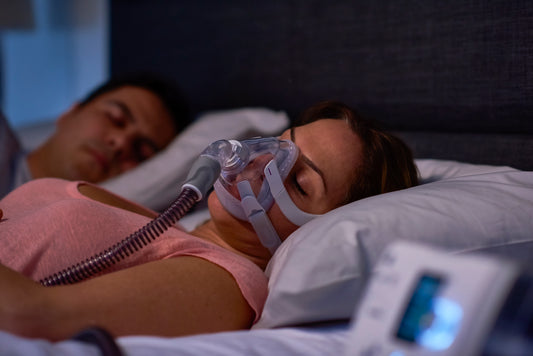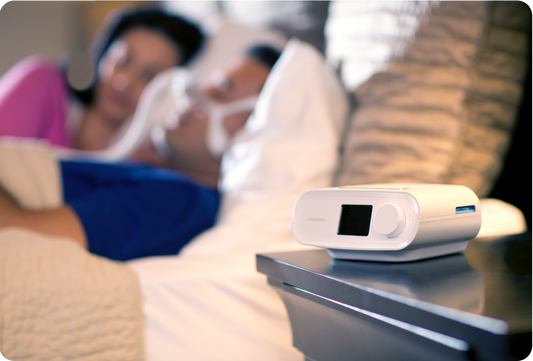Circadian rhythms are changes in one’s physical, mental, and behavioural changes that follow a 24-hour cycle. They are important in the determination of a person’s sleeping pattern such as when he sleeps and when he wakes up on a 24-hour cycle. The suprachiasmatic nucleus (SCN) is the body’s master clock controlling melatonin production, the “sleep” hormone. The SCN is located near the optic nerve thereby relaying information from the eyes to the brain. When there is less light, the SCN commands the brain to produce more melatonin to make a person sleepy.
Circadian Rhythm Clock
Circadian rhythms regulate the 24-hour phasing of a person’s processes where patterns of brain waves, cell generation, hormone production and other biological activities. A disruption in one’s circadian rhythm can affect sleep-wake patterns, body temperature, hormone release and other vital bodily functions. It has been linked to sleep disorders such as insomnia and diseases such as obesity, bipolar disorder, depression, diabetes, and obesity.
Circadian Rhythm Disorder: Causes
The circadian rhythm rises and dips at different times of the day. Usually, this happens between 2:00 to 4:00 am and 1:00 to 3:00 pm for adults. Variations may occur as indicated if one is a “morning” or “evening” person. It is a fact that one is less likely to feel sleepy during the dips if he gets enough sleep and more intense if they are sleep-deprived. The circadian rhythm also makes a person feel more alert and energetic at certain times of the day.
What may disrupt a person’s circadian rhythm? It may be due to various factors such as time zone changes; pregnancy; shift work; medications; changes in routine; medical problems and mental health problems.
Common Circadian Rhythm Disorders
Rapid time zone changes syndrome or jetlag is exhibited by excessive sleepiness and deficiency in daytime alertness. This is commonly seen in people who travel across time zones.
People who frequently rotate work or shifts at night (e.g., doctors, nurses) may develop shift work disorder.
Advanced Sleep Phase Syndrome or ASPD is a disorder wherein a person sleeps and wakes earlier than desired. A person with this disorder will most likely sleep between 6:00 to 9:00 pm and wake up between 1:00 to 5:00 am.
Delayed Sleep Phase Syndrome or DSPS is a sleep timing disorder wherein a person falls asleep very late at night and has difficulty waking up in time for school, work, or any other activity.
Blind persons exhibit non-24 Hour Sleep Wake Disorder since they cannot discern the light-dark trigger of the circadian rhythm clock. This results in decreased sleeping time and quality of sleep at night. Daytime sleepiness is a common occurrence.
A person with an untreated sleep disorder may also develop circadian rhythm disorder if his sleep pattern is affected thereby leading to insomnia. There are several types of sleep disorders and one of them is sleep apnoea.
Find a clinic or call us now for a consultation 1300 750 006.
